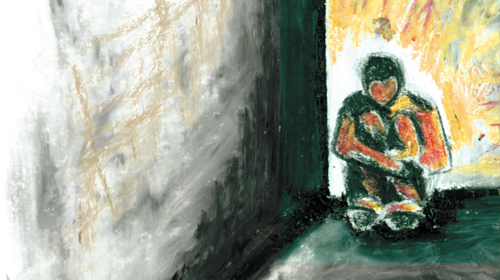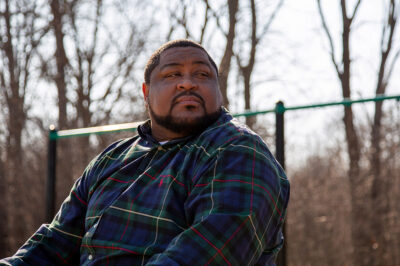Out of Step With the World: Juvenile Life Without Parole in the United States


In the United States, there are over 3,000 people serving life sentences without the possibility of parole for offenses committed when they were children. Among them is Matthew Bentley from Michigan who committed his crime when he was 14 years-old, an age when the law deemed him too young to legally drive, smoke or join the military but old enough to be sentenced to die in prison,
While the Supreme Court ruled in Graham v. Florida that it is “cruel and unusual” punishment to sentence children who commit nonhomicide offenses to life without parole — and this year may decide that the Constitution prohibits such a sentence for children 14 and under who commit homicide offenses — U.S. courts have thus-far rejected challenges to the practice of sentencing children to life without parole for homicide offenses. Today, the United States is the only country in the world that that allows child offenders to be locked away for life.
Having been unsuccessful in their efforts before U.S. courts, in 2006, Matthew and 31 other individuals serving life without parole sentences in Michigan for crimes committed when they were children sought to challenge their sentences under international human rights law. Earlier this month, we were pleased to learn that the Inter-American Commission on Human Rights announced that it will hear their case. This decision gives the commission the green light to consider whether the United States violated international human rights law — specifically its obligations under the American Declaration on the Rights and Duties of Man — by sentencing children to life without parole.
Human rights law has long recognized that child offenders cannot be held fully culpable for their immature acts. Any punishment imposed on children for crimes they have committed must, therefore, reflect this and allow for their rehabilitation and eventual reintegration back into society. Life without parole sentences, in denying child offenders a second chance at living again in the outside world, are antithetical to this end. The United States should bring itself into line with the rest of the world, uphold these fundamental principles and abolish life without parole sentences for children.
Learn more about juvenile justice: Sign up for breaking news alerts, follow us on Twitter, and like us on Facebook.




